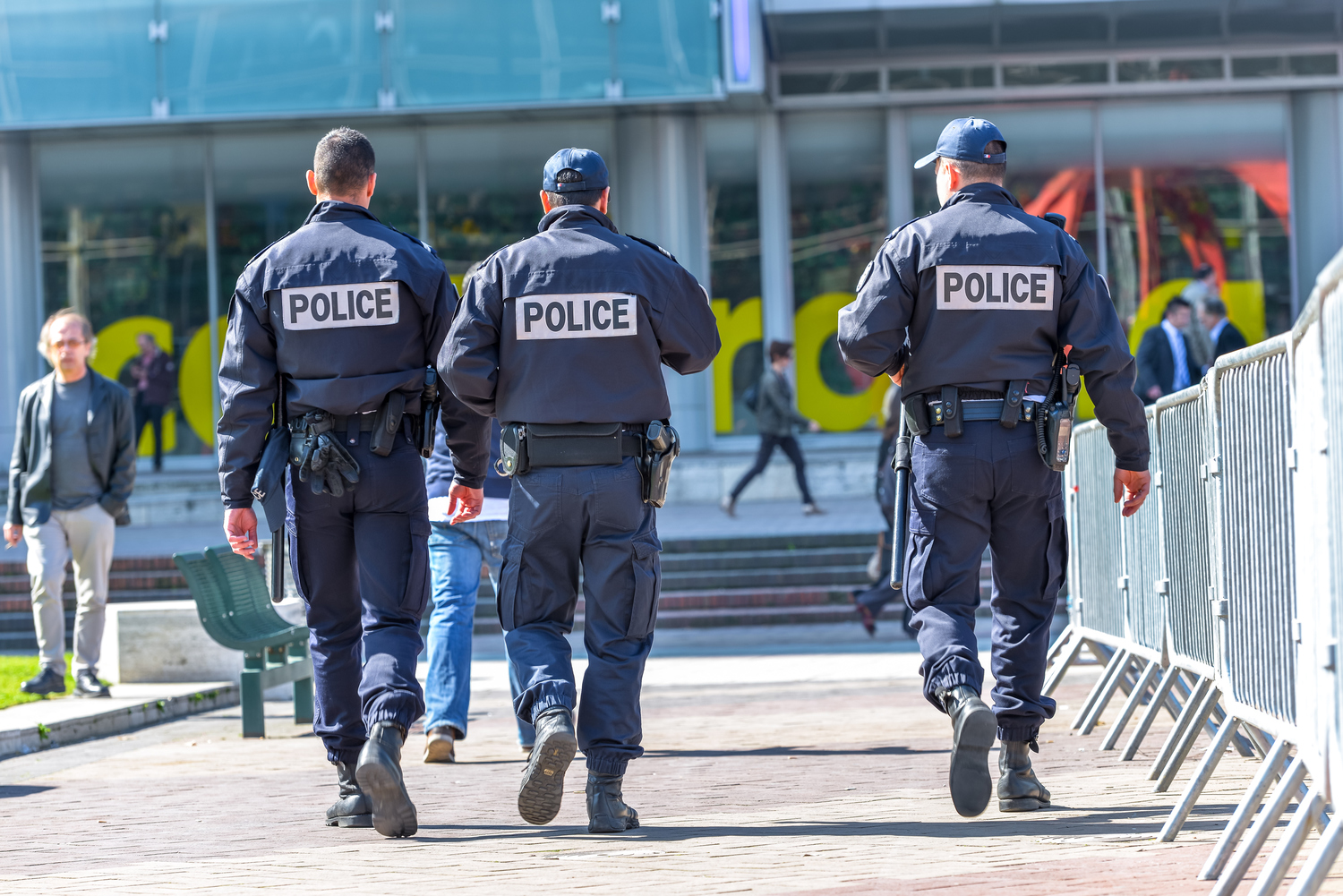
False narratives disguised as advice are dangerous.
New York Times comprehensive coverage of suicide after the deaths of fashion designer Kate Spade and chef Anthony Bourdain held one disappointment.
In the piece “What to Do When a Loved One Is Severely Depressed,” a mental health expert offers that in some cases, calling 911 may be the best option. This unattributed opinion followed:
“But remember that interactions with law enforcement can vary wildly, depending on race and socio-economic background. In cases where you’re concerned that calling police could put a person in danger, try to come up with an alternate plan in advance.”
What?
I spent 26 years as a police officer and crime scene investigator in Western New York. I responded to many calls for people threatening suicide, attempting it, and sadly, many who succeeded. Whoever made the irresponsible statement is naive to the realities of suicide.
So there is no misinterpretation: calling the police to assist a suicidal person does NOT put that individual in danger.
The misconception was particularly concerning little more than a month after Spade’s and Bourdain’s deaths, when on July 2nd, New York State Trooper Nicholas Clark was killed by a suicidal man.
Before becoming a police officer, I spent several years as a newspaper reporter. Pointing to the current Society of Professional Journalists Code of Ethics, the Times statement isn’t accurate or fair, and distorts context. It is opinion slid into an article. Knowingly.
Police officers willing and knowingly put themselves in danger to prevent a person from taking their own life. Not the other way around. If you ever talked someone out of killing themselves, particularly while they hold a weapon, you’d know there’s no time to think about “race and socio-economic background.” It’s not a consideration. They’re a human being, desperate for help, and you’re it.
Two suicide calls haunt me.
My first-ever “person threatening suicide” call was in a tiny second floor apartment in a rural village outside of Rochester. Creaky stairs led to a dark living room. As I crept up the stairs with my New York State Trooper backup, the smell of cooking gas was thick. We had a brief whispered conversation whether to even continue.
At the top of the stairs we peeked over the floor edge to see a gentleman in a recliner. He held a shotgun between his legs, muzzle in his mouth, hand near the trigger. My immediate thought was if the gun discharged, all three of us were dead. Through conversation and encouragement, he let us turn off the gas. He eventually put down the shotgun, then allowed us to handcuff him and lead him outside to an ambulance.
I will always question the most poignant suicide call.
I arrested a teenage girl for shoplifting and turned her over to her parents. She was upset, but remorseful, respectful and cooperative. She couldn’t offer any reason for what she did. Her parents were understanding, but stern. I was confident they would handle her appropriately, as would the local court; she would learn from the experience and never do it again.
The next day, I was sent as a crime scene technician to process the scene of an apparent suicide. When I walked into the house, the victim laying on the floor of the living room was the girl I arrested. Her parents, while polite, were visibly bothered by my presence.
I mumbled condolences and left, going back out on patrol. To this day I wonder if I could have said or done something differently when I arrested that young wisp of a girl. I can’t help but think I contributed to her death.
Therein lies the twist.
Mental health experts contend that during bad calls you suffer trauma. Such experiences aren’t unique to police. Firefighters, emergency medical personnel, 911 operators, the military, doctors, nurses, suicide hotline staff, medical examiners, and victims’ families are all affected by the dynamics of a death, its details, and their involvement.
Calls involving death can turn on the very people trained to respond. Trauma can contribute to depression and potentially lead to suicides.
The number of suicides by first responders nationwide is surprising, but largely ignored. According to the Ruderman Family Foundation, first responder suicides are under reported, but far outpace line-of-duty deaths. Of such known suicides last year, 140 police officers and 103 firefighters and EMTs killed themselves. By comparison, in the same time period, 46 police officers were shot to death by others.
Ironically, police officers talk more about being forced to take another person’s life with deadly physical force, or the trauma of almost losing one’s own life in a fight, than killing yourself. It’s fairly standard today to require some post-trauma counseling in at least officer-involved shootings. But because of lingering stigmas associated with mental health, a police officer asking for help is, unfortunately, still seen as weak.
As is with many professions, police officers are bitterly hardest on their own. For most police officers, talking about depression, never mind suicide, won’t just change how their peers treat them, it will likely end their career. It’s a culture that has to change.
Police officers enter the profession knowing the obvious risks. Until recently, the animus toward law enforcement wasn’t so obvious. False narratives like police “put a person in danger” or associating “race and socio-economic background” with how they deal with a suicidal person serve no purpose but to fuel hatred. I suspect such narratives are just masked hatred.
Preventing someone from killing themselves is intense, tactical, intuitive, and always on the fly. Most police officers receive minimal training which cannot prepare them for every contingency. An in-progress suicide call is unpredictable. The danger is already there. The police do not bring it with them.
Helping a depressed or suicidal person isn’t merely professional responsibility. It’s an act of humanity. Mental health philosophies and approaches in dealing with depressed and suicidal persons have evolved.
It’s time we gave police the same consideration.